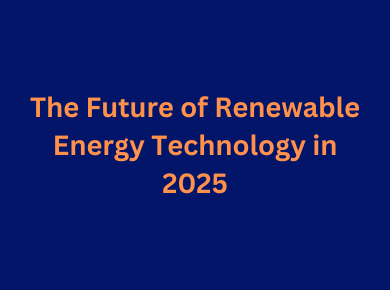What Is the Metaverse, and Why Does It Matter?
In recent years, the term “Metaverse” has garnered significant attention, often making headlines in technology, business, and entertainment sectors. But what exactly is the Metaverse, and why is it becoming such a hot topic?
What Is the Metaverse?
The Metaverse is often described as a collective virtual shared space, merging both physical reality and virtual environments. Think of it as an expansive digital universe, where users can interact with each other and their surroundings in real-time through avatars or digital representations. It’s not just a single platform or app but a wide-ranging network of interconnected virtual worlds, including gaming, social media, virtual commerce, and more.
The Metaverse blends the realms of augmented reality (AR), virtual reality (VR), and other immersive technologies. In this space, people can attend meetings, socialize, play games, shop, or even work, all within a 3D digital environment. While companies like Meta (formerly Facebook) have played a significant role in popularizing the Metaverse concept, several other tech giants such as Microsoft, Google, and Apple are also exploring its potential.
Key Components of the Metaverse
- Virtual Reality (VR): Immersive, computer-generated environments that users can interact with through VR headsets.
- Augmented Reality (AR): Technology that overlays digital elements on the real world, often through smartphones or AR glasses.
- Digital Assets: In the Metaverse, users can buy, sell, and trade digital goods such as NFTs (non-fungible tokens), virtual real estate, clothing for avatars, and more.
- Interactivity: Users interact with the environment, their avatars, and others in real-time, creating a social, interactive experience.
- Decentralization: Many Metaverse projects emphasize decentralization, where control is distributed across the community rather than held by a single entity, creating more open and democratic virtual spaces.
Why Does the Metaverse Matter?
As the Metaverse continues to evolve, it presents opportunities and challenges that are worth understanding. Here’s why it matters:
1. New Social and Economic Opportunities
The Metaverse could transform how people socialize, work, and even conduct business. Virtual offices and meetings are becoming more commonplace, offering an alternative to traditional in-person work. The rise of digital commerce in the Metaverse could unlock new economic models, such as virtual real estate and marketplaces for digital goods.
For businesses, the Metaverse opens up new marketing avenues. Companies can create immersive experiences, virtual stores, or events to connect with customers in innovative ways. For instance, a brand could host a virtual fashion show, offering customers the ability to try on clothes through their avatars.
2. Innovations in Education and Training
The Metaverse is poised to revolutionize education. Virtual classrooms can offer interactive learning experiences, where students can participate in simulations or virtual field trips that would be impossible in the real world. It also allows for more accessible education, with students from all over the globe connecting to the same virtual classroom.
Training in the Metaverse, especially for complex or dangerous tasks, can also provide a risk-free, controlled environment where users can practice skills and techniques.
3. Immersive Entertainment
The entertainment industry is rapidly adopting Metaverse technology. Virtual concerts, live-streamed events, and interactive gaming environments are just a few examples of how entertainment is expanding into the Metaverse. Fans can attend a concert by their favorite band without leaving their homes, experiencing the event as if they were physically present.
4. Enhanced Virtual Reality
For years, VR has been a niche market primarily associated with gaming. The Metaverse takes this further, creating vast, interconnected worlds that feel tangible and immersive. As VR technology becomes more sophisticated, users can expect more lifelike experiences, potentially changing how we engage with digital content and virtual environments.
5. New Frontiers for Innovation
The Metaverse represents a new frontier for technological innovation. Developers are already building decentralized, blockchain-powered virtual worlds where people can own digital assets like land, avatars, and other unique items. As these technologies mature, we could see the rise of entirely new industries within the Metaverse.
Challenges and Considerations
While the Metaverse promises many exciting possibilities, it also raises significant challenges. Issues like privacy, security, and digital identity are crucial in a world where so much personal interaction happens online. Moreover, the risk of monopolistic control and the unequal distribution of resources in virtual spaces could raise concerns about access and equity.
The question of sustainability is also important. With the rapid expansion of virtual environments, there are concerns about the environmental impact of maintaining these vast, resource-intensive systems.
Conclusion
The Metaverse is more than just a buzzword—it’s a new digital frontier with immense potential. While it is still in its early stages, the Metaverse is already changing how we think about communication, entertainment, and business. As technologies continue to advance and the Metaverse evolves, it has the potential to reshape our social and economic landscape in ways we’ve never imagined. The key will be to navigate the opportunities and challenges it presents to ensure it becomes a space that is inclusive, secure, and beneficial for all.




